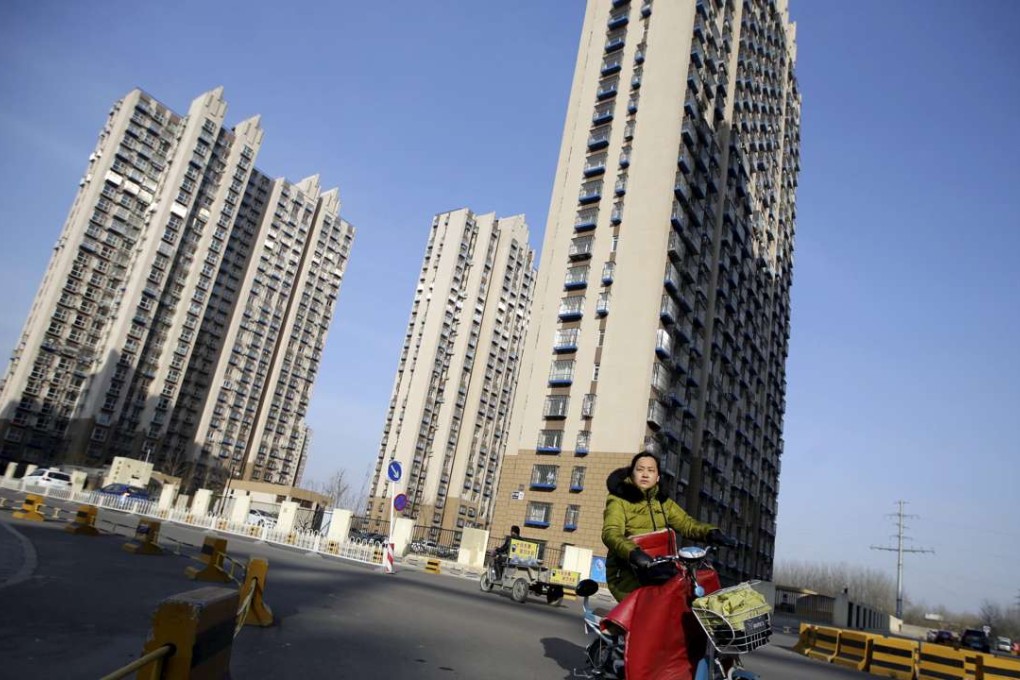China’s housing market heats up in February
Forty-seven of 70 cities tracked saw gains in new home prices for the month, Statistics Bureau data shows

Home prices in two-thirds of leading Chinese cities rose in February, with analysts speculating the government will introduce further differentiated policies to help guard against overheating while directing investment towards those struggling with an inventory glut.
Prices of new homes rose in 47 of 70 cities tracked by tracked by the National Bureau of Statistics, up from 38 cities that reported price gains in January.
Prices fell in 15 cities and were unchanged in eight, the Statistics Bureau said Friday.
Shenzhen led the gainers, with prices there climbing 3.6 per cent for the month and a record 57.8 per cent in a year.
Luzhou in Sichuan saw a modest decline in February, with prices easing 0.7 per cent.
“New home prices have risen in first, second as well as third-tier cities, while the divergence between big and small cities continues. Prices are rising much faster in first- and some second-tier cities than other cities,” the Statistics Bureau’s senior statistician Liu Jianwei said.